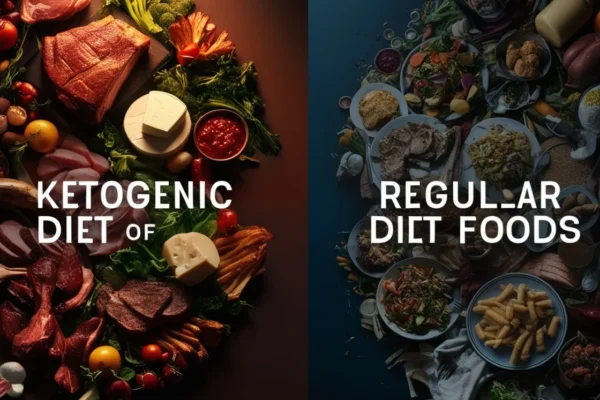A new study from the University of Texas Health Science Center in San Antonio reveals that following the ketogenic diet continuously without taking breaks may lead to accelerated cellular aging. The findings, published in May in the journal Science Advances and reported by EurekAlert, suggest that while the keto diet has its benefits, long-term adherence could have negative effects on overall cellular health, particularly for the heart and kidneys.
Key Findings from the Study
The research, conducted on mice, showed that prolonged commitment to the keto diet can trigger cellular aging in normal tissues. Specifically, the study found that sustained ketosis could lead to inflammation and deterioration of cell function, especially in vital organs like the heart and kidneys. However, the researchers observed that incorporating planned breaks from the diet helped mitigate these effects, with intermittent keto proving less harmful than continuous adherence.
Dr. David Gius, the lead author of the study and Assistant Dean of Research at the University of Texas, explained the clinical implications: “Around 13 million Americans follow the keto diet, and what we’re suggesting is that they need to take regular breaks from it. Without these breaks, there could be long-term consequences to cellular health.”
What is the Keto Diet?
The ketogenic diet is a high-fat, low-carbohydrate diet that induces the body to produce ketones, chemicals created by the liver when breaking down fats. These ketones are then used as an alternative energy source, replacing the body’s reliance on glucose derived from carbohydrates. Though effective for weight loss and used in the management of certain health conditions, the keto diet has been linked to several inflammatory processes, especially when followed long-term without respite.
Cellular Aging and the Importance of Dietary Breaks
Cellular aging, often associated with inflammation, is one of the primary causes of age-related diseases affecting major organs. Dr. Gius noted that the study’s results could help improve clinical understanding of how long-term keto affects cellular functions. “As with any restrictive diet, people need to take breaks. Over time, we’ve seen that continuous keto adherence may result in adverse effects that should not be overlooked.”
Pros and Cons of the Keto Diet
Despite its rising popularity, the keto diet has long been a subject of debate. On one hand, it has shown benefits in managing short-term weight loss, improving satiety, and assisting in the treatment of neurological disorders, obesity, and metabolic syndromes. On the other hand, its potential downsides, especially with prolonged use, are increasingly under scrutiny.
According to the Mayo Clinic, certain individuals, including those with a history of eating disorders, pancreatitis, liver disease, kidney issues, thyroid problems, or gallbladder disease, should avoid the keto diet altogether. Those who have undergone gallbladder removal or suffer from fat malabsorption disorders should also steer clear.
Short-Term Benefits of Keto
- Weight Loss: Many individuals report quick initial weight loss, which can be motivating.
- Increased Satiety: The high-fat content helps people feel fuller for longer periods.
- Blood Sugar Control: For some, keto can stabilize blood sugar, making it a potentially useful tool in managing type 2 diabetes.
Long-Term Risks of Keto
- Loss of Muscle Mass: While the initial weight loss can be dramatic, much of it may be water weight rather than fat loss.
- Keto Flu: Many experience flu-like symptoms when starting keto, such as headaches, fatigue, and nausea as the body transitions into ketosis.
- Increased Risk of Kidney Stones and Liver Disease: A high-fat, low-carb diet may strain the kidneys and liver over time, especially if not managed correctly.
- Nutrient Deficiency: The lack of certain food groups can lead to deficiencies in essential nutrients such as fiber, leading to constipation and other digestive issues.
- Heart Health Concerns: Long-term consumption of a high-fat diet can raise concerns about cardiovascular health, especially if healthy fats are not prioritized.
Conclusion: Rethinking Long-Term Keto
While the ketogenic diet offers potential short-term benefits for weight loss and metabolic health, the study highlights the need for balance and moderation. Taking planned breaks or following a cyclical keto approach, where carbs are occasionally reintroduced, could help minimize the risk of cellular aging and inflammation. It’s essential to approach any diet with caution, ensuring it aligns with individual health needs and consulting with a healthcare provider to avoid potential long-term risks.




